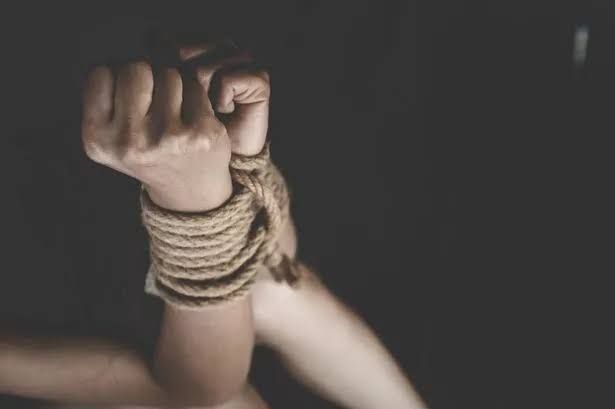
A psychological injury or wound results from the traumatic situations that include being in danger of losing our life. After a very traumatic event or experience, it is frequently accompanied by difficulties coping or returning to normal functioning. Although everyone reacts differently, most people who go through a possible traumatic event recover well and don't face any long-term issues with the help of friends and family.
The psychological condition known as post-traumatic stress disorder (PTSD) is characterized by enduring or escalating symptoms of past trauma. Signs of post-traumatic stress disorder must reoccur for longer than one month in order to be confirmed to have PTSD. The severe kind of PTSD known as complex-PTSD calls for more thorough and involved care.
Among the signs of PTSD are:
1 . Dreams or flashbacks
2 . Sleeplessness
3 . Unreasonable emotions of guilt or 4 4 . Humiliation feeling tense, frightened easily, or very angry
5 . Times when you get distracted and seperate yourself from others around you
6 . Hypervigilance
7 . Growingly pessimistic ideas about oneself
It is important that you get help right away if you identify with any of the above signs and have gone through a traumatic experience, such being abducted. But keep in thoughts that while being held captive is the ultimate somewhat trauma, other experiences like getting threatening letters, being harassed, or having adoring admirers can undermine your sense of security and set off stress reactions that can lead to post-traumatic stress disorder (PTSD).
How Can I Get My Safety Feeling Back? Here are ways to attempt in order to gradually regain your sense of safety:
1 . Maintain a Schedule
Make modest, daily rituals that the mind can rely on to help you deal with the thrill and anxiety of being kidnapped. You'll feel more in command as a result. This does not imply that you must schedule every minute of your day; instead, pick one or two activities that you can be sure you will complete, like taking a walk or noting how you are feeling.
2 . Pay Attention to Your Body.
Prioritize your body during the first few months of your recuperation. Try to provide it with what it requires, which is probably going to be some rest. The mind-body connection can be strengthened through yoga or meditation if you are having trouble understanding what your body is telling you.
3 . Ask for Assistance.
Make as many contacts as you can by reaching out. Ideally, to assist counter your feeling of mistrust toward others, attempt to become friends with someone fresh.
Ultimately, above all, get expert assistance as soon as you can. Your relationships, mental health, and daily living can all be significantly impacted by complex PTSD. Mental health problems including substance misuse, anxiety, and depression are also frequently brought on by it.
Upvoted. Thank You for sending some of your rewards to @null. Get more BLURT:
@ mariuszkarowski/how-to-get-automatic-upvote-from-my-accounts@ blurtbooster/blurt-booster-introduction-rules-and-guidelines-1699999662965@ nalexadre/blurt-nexus-creating-an-affiliate-account-1700008765859@ kryptodenno - win BLURT POWER delegationNote: This bot will not vote on AI-generated content